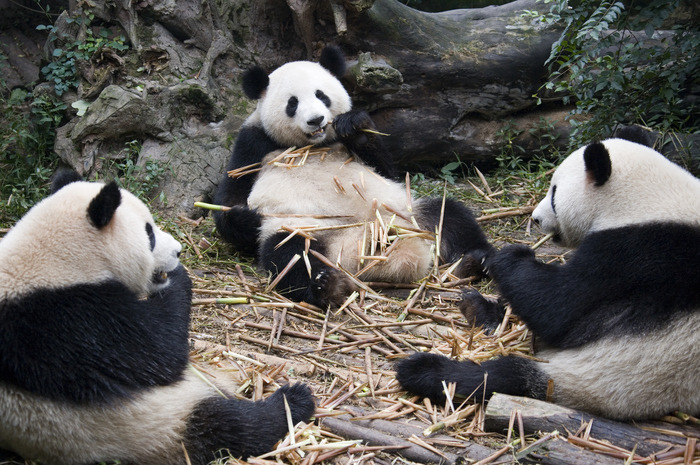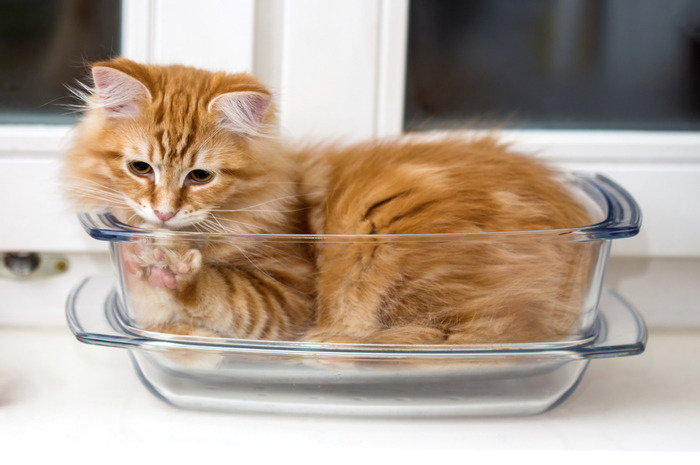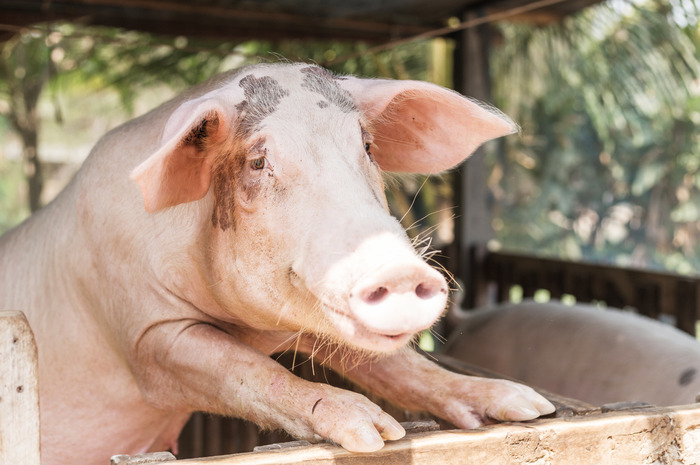The Laziest Animals In The World
The Laziest Animals in the World
Similar to people, animals also have those days when they just want to be lazy. But some animals take the meaning of laziness to a whole new level. Imagine sleeping your entire day away, literally 20 hours — sloths and brown bats do it daily.
From cute and cuddly animals to some of the most dangerous animals in the world, you will be surprised to know which ones are actually the laziest.
Koala
Sleeps for: 18–22 hours a day
Koalas are mostly nocturnal but they still end up sleeping most of the day away. They need a lot of energy to digest their food, which is one of the reasons they spend a lot of time sleeping.
Sloth
Sleeps for: 20 hours a day
Sloths like to sleep curled into a ball in the fork of a tropical tree, livescience.com explains. "They also like to sleep hanging by their claws from tree branches." They spend the majority of their time in their tree, and the only time they leave is to take a swim or use the bathroom.
Giant Panda
Sleeps for: 10 hours a day
These cute and cuddly animals spend their entire day eating and sleeping — eating about 12–16 hours a day and sleeping about 10 hours a day. To keep away from predators, they like to sleep in trees.
Armadillo
Sleeps for: 18–19 hours a day
There are 21 species of armadillo, some are small while others are quite large. They all tend to live close to the equator, and they spend the majority of their day sleeping in burrows. During the mornings and evenings, they venture out to find food.
Hippo
Sleeps for: 16–20 hours a day
Although they sleep the majority of the day, hippos are actually very dangerous animals. They are very territorial and aggressive; likely to attack humans and other animals that come too close. Fun Fact: Hippos sleep on land but are also able to sleep underwater.
Owl Monkey
Sleeps for: 17 hours a day
Owl monkeys literally sleep the entire day away; they are nocturnal animals and tend to be more active during the night.
Cat
Sleeps for: 18 hours a day
If you ever owned a cat, you already know that the majority of the day you will find him or her sleeping. Some cats can even sleep up to 20 hours in a 24–hour period. Similar to people, cats can fall into a light sleep or very deep sleep, according to petmd.com. They nap in positions where they can spring into action at a moment's notice; and when they fall into a deep sleep they experience rapid brain movement.
Pig
Sleeps for: 12–14 hours a day
If you know anything about pigs, you know that they spend their time mostly eating and sleeping. Their sleeping habits actually change with the seasons, or depending on whether it's light or dark outside, All About Pigs says. "They usually lay on their side with their back leaning on something." If you notice them sleeping with their legs tucked in, that means that they are cold or sick.
Brown Bat
Sleeps for: 20 hours a day
Bats can actually sleep for 20 hours a day. Not only do they pretty much sleep their lives away but they also hibernate for half of the year because of the scarcity of food.
Hamster
Sleeps for: 14 hours a day
Every hamster owner knows that it's not likely you will see your pet up and about during the daytime. However, they do wake up periodically to eat food and drink water, but they almost immediately fall right back asleep.
Opossum
Sleeps for: 18–20 hours a day
Opossums live in or near wooded areas; they like to take cover in the nests and tree holes made by other animals, like foxes and skunks. These nocturnal animals are very easygoing and they tend to move extremely slow.
Lion
Sleeps for: 18–20 hours a day
It's amazing how lions — African lions specifically — even have the time to hunt and fight when they spend the majority of their days asleep. Sometimes they may even sleep for an entire day. But when they are awake, they are extremely active animals.
Squirrel
Sleeps for: 14 hours a day
Squirrels sleeping habits differ among species. However, the most common places to get some shut-eye are in cozy dens in the sides of trees. Many species are active during the day, always running around and scrambling for nuts. They catch up on their sleep during the night.
Spiny Anteater
Sleeps for: 12 hours a day
Spiny anteaters, also known as echidnas, are very slow moving animals. They have trouble tolerating extreme temperatures; they usually find shelter in caves and rock crevasses to avoid harsh weather conditions. Perhaps this is why they sleep so much.
Lemur
Sleeps for: 16 hours a day
The word lemur means "spirits of the night." This does make sense, considering they are nocturnal animals that tend to be extremely active at night. The majority of the species live their entire lives in trees. Their life span is approximately 18 years.




